
MHEC December News
MHEC shares a year-end reflection, updates on our Strategic Impact and Innovation Grants, news about our Dell contract, and much more.

MHEC shares a year-end reflection, updates on our Strategic Impact and Innovation Grants, news about our Dell contract, and much more.
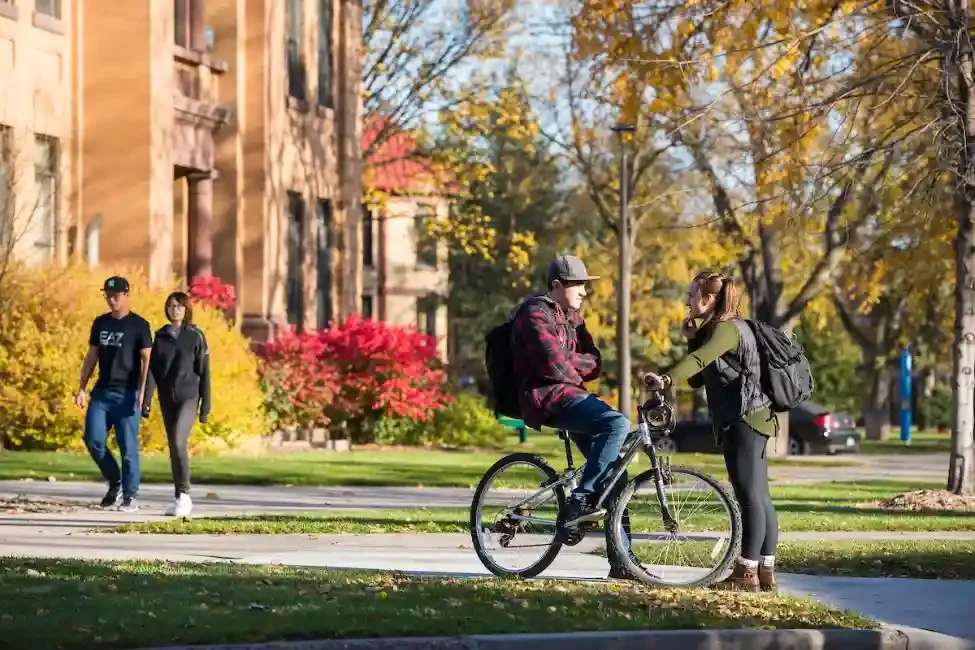
Grant will provide all 11 North Dakota University System (NDUS) institutions with access to a career readiness and workforce alignment platform.
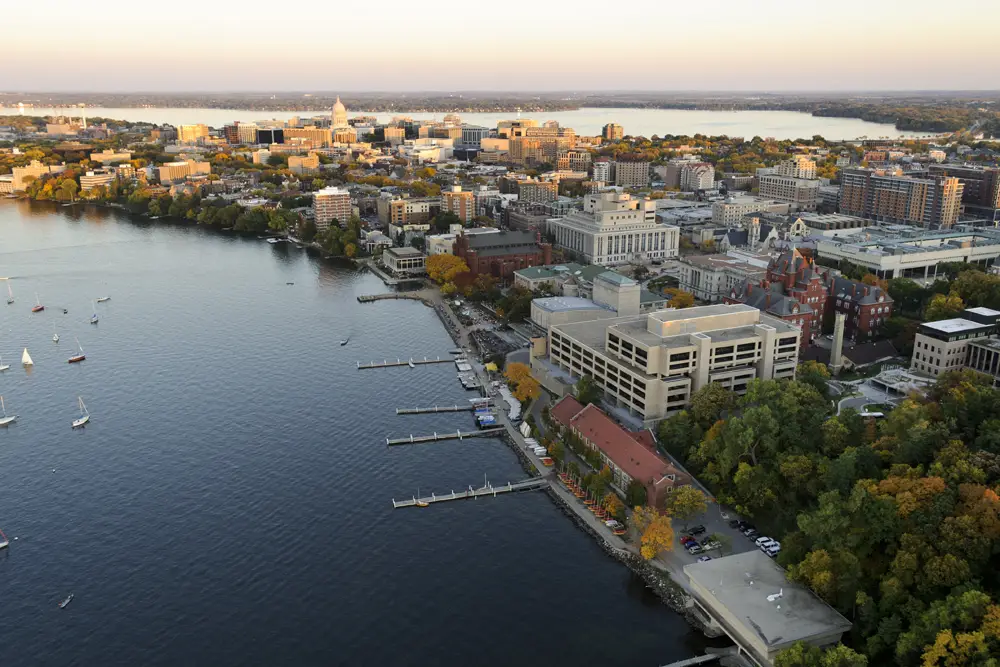
The multi-partner collaborative will receive a $250,000 grant to align postsecondary education and workforce development efforts for better outcomes for all Wisconsinites.

MHEC shares a recap of the 2025 Annual Commission Meeting, announcement of the first Innovation Grant, new research on graduate degree attainment in the teacher workforce, and much more in the November newsletter.
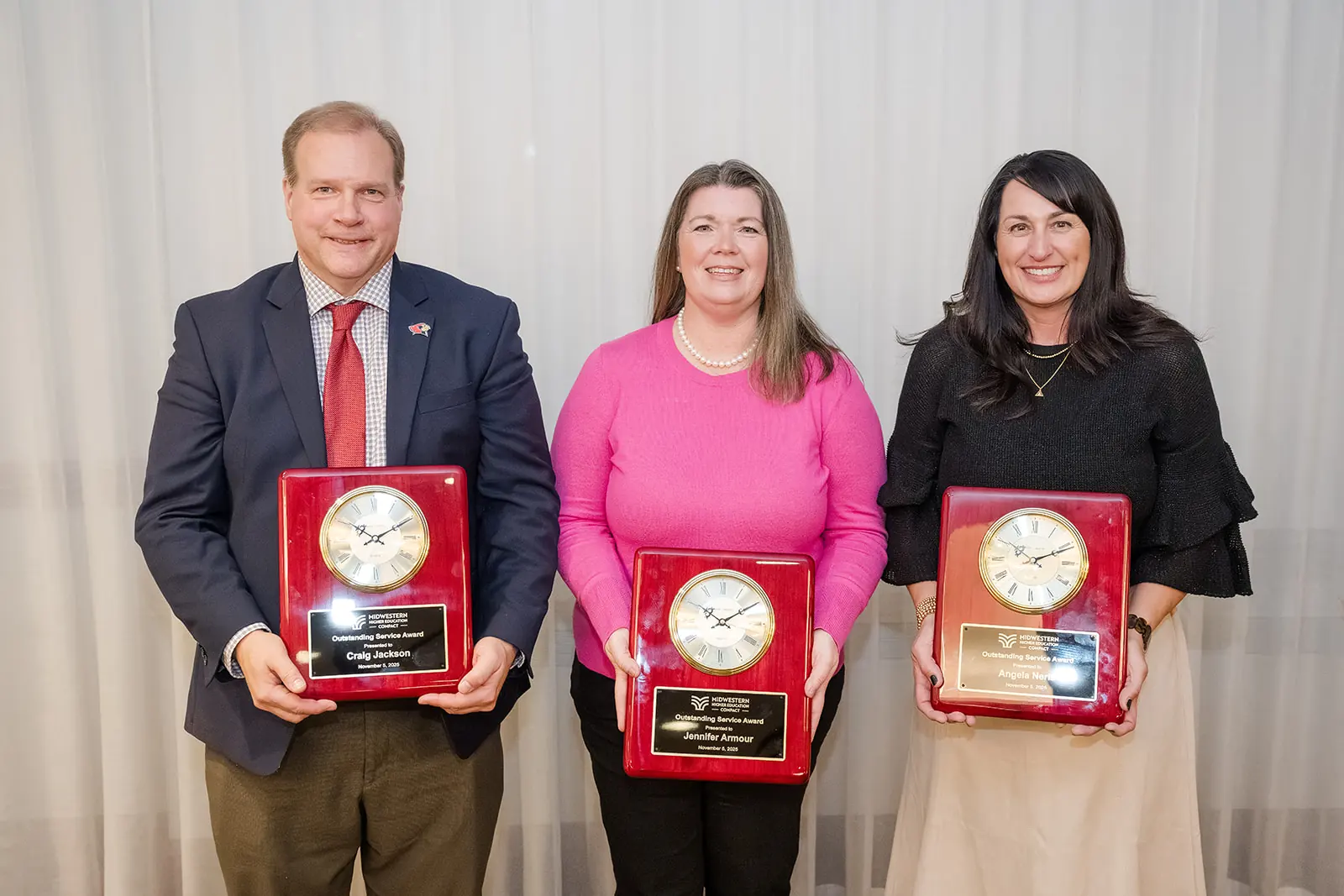
Jennifer Armour, Craig Jackson, and Angela Neria were honored for their service and commitment to MHEC over many years.

Flakoll receives the highest award given by the Midwestern Higher Education Compact.
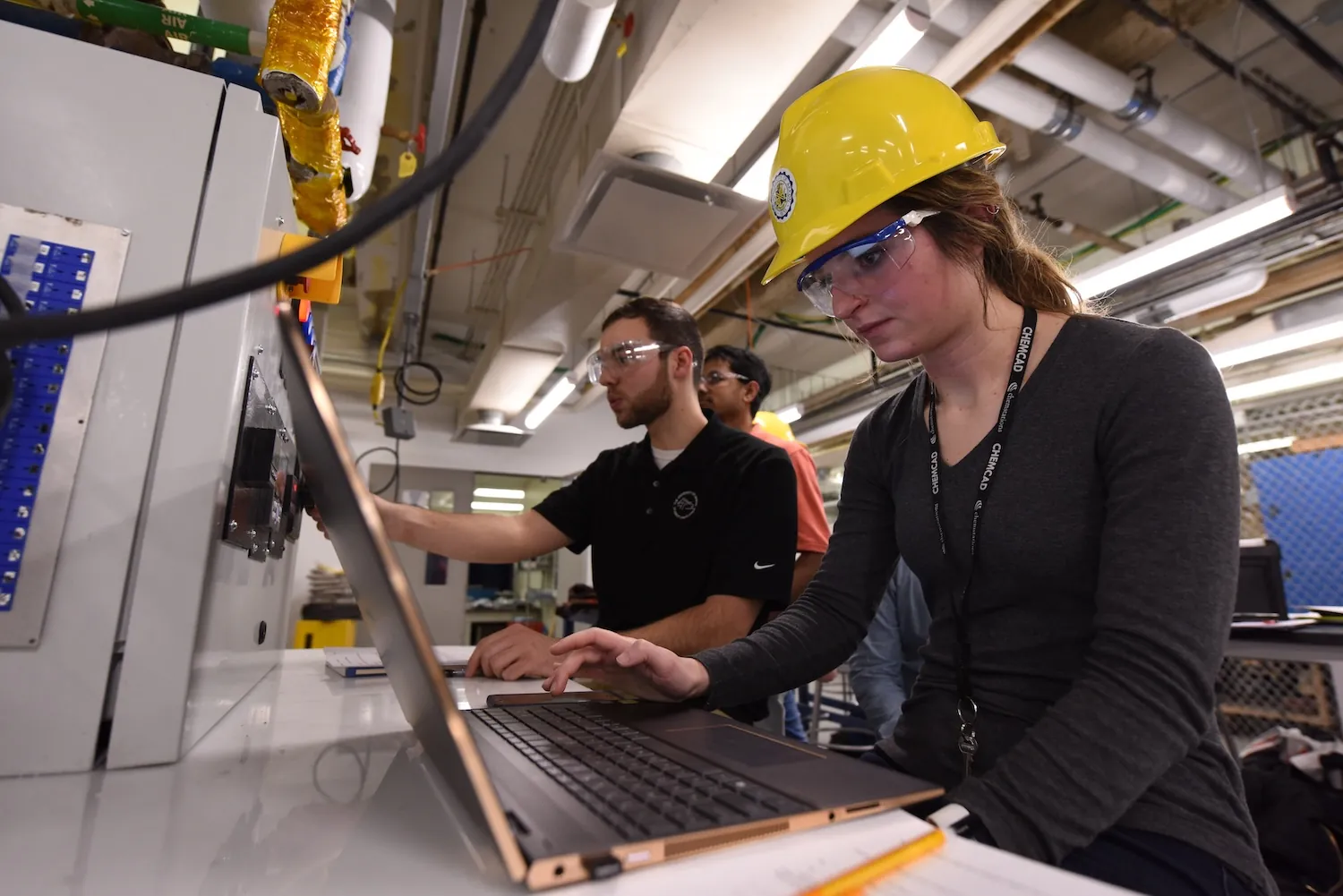
MHEC shares updates on state innovation grants, research on grant aid per student, important program and initiatives news, and much more in the October newsletter.
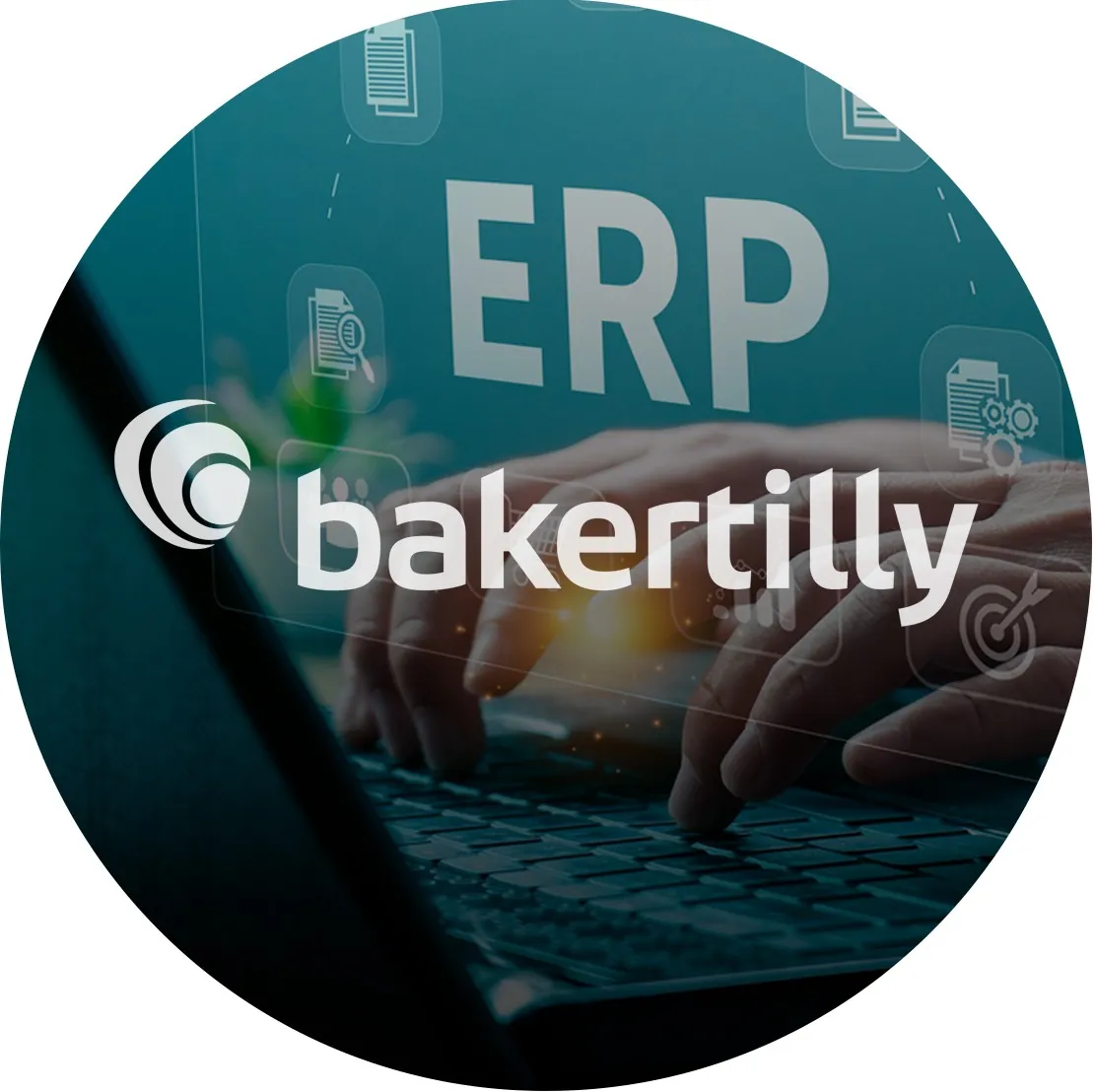
This competitively sourced contract provides MHEC’s 12 member states with access to expert guidance and services that advance enterprise resource planning (ERP) modernization.

He will oversee policy and research in support of the organization’s strategic priorities, as well as lead development of MHEC’s research agenda and data strategy.
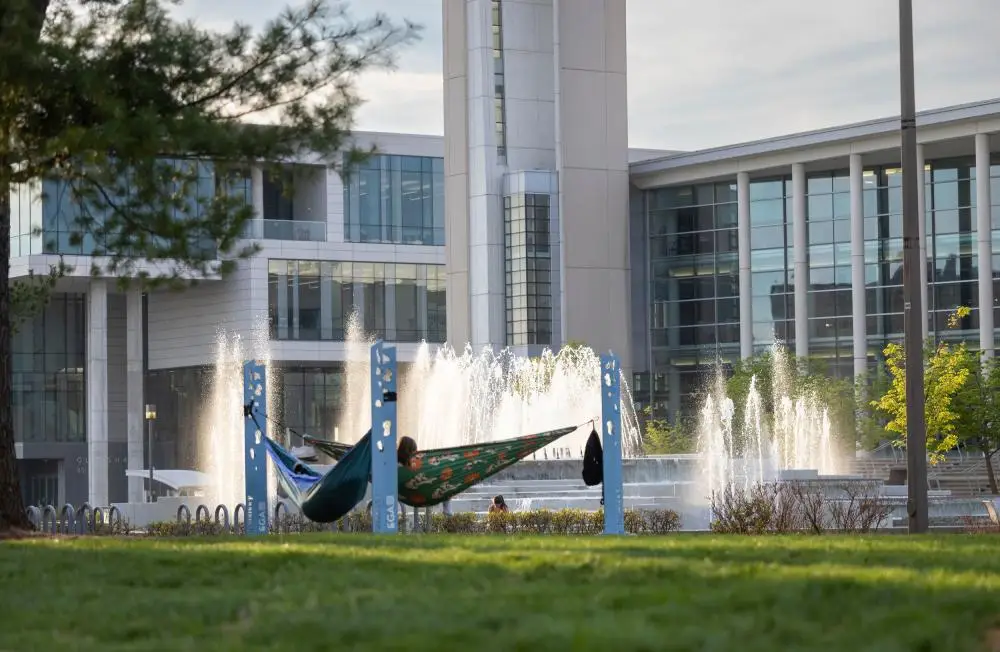
MHEC shares new research on changes in higher ed funding per student in the Midwest, information on how MHEC can help institutions navigate tariffs, inflation, and supply chain pressures, and more news.

MHEC awarded 24 travel scholarships to individuals in 10 MHEC membership states so they could attend the National College Attainment Network National Conference.
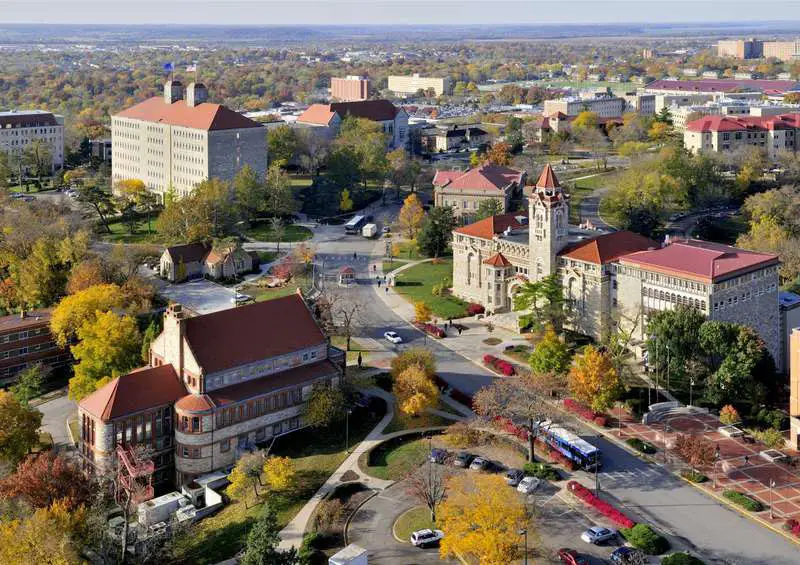
MHEC’s new program will support high-impact initiatives in member states in such areas as affordability, credential attainment, student success, and workforce alignment.

MHEC announces the launch of its new grant program for member states in the August edition of MHEC News, Plus learn more about the recent dual enrollment policy workshop and SHEEO conference, plus more news.
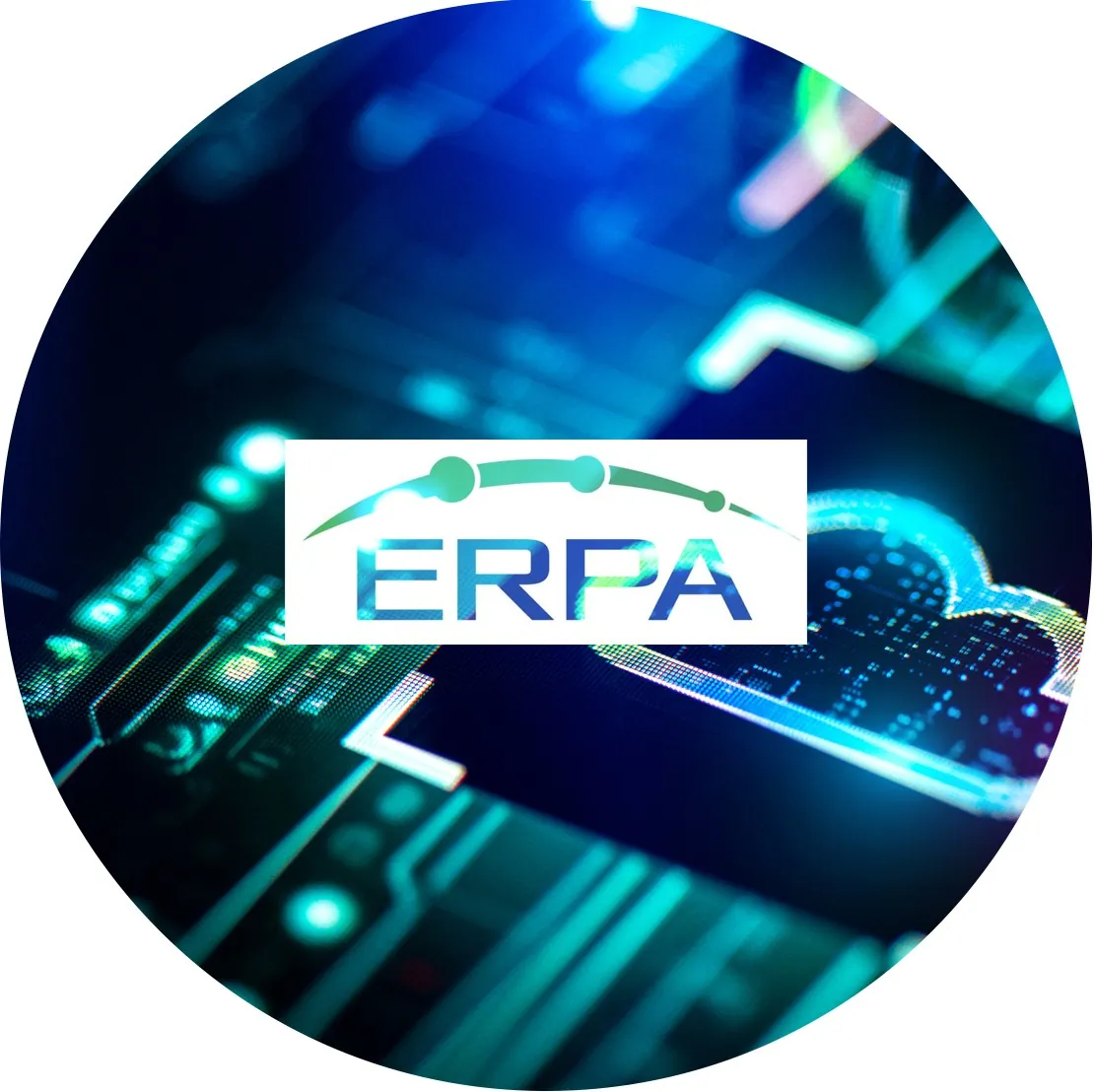
MHEC is pleased to announce the award of a master agreement to ERP Analysts, Inc. to support the entire ERP lifecycle and address operational, technical, and strategic challenges faced by higher education institutions.
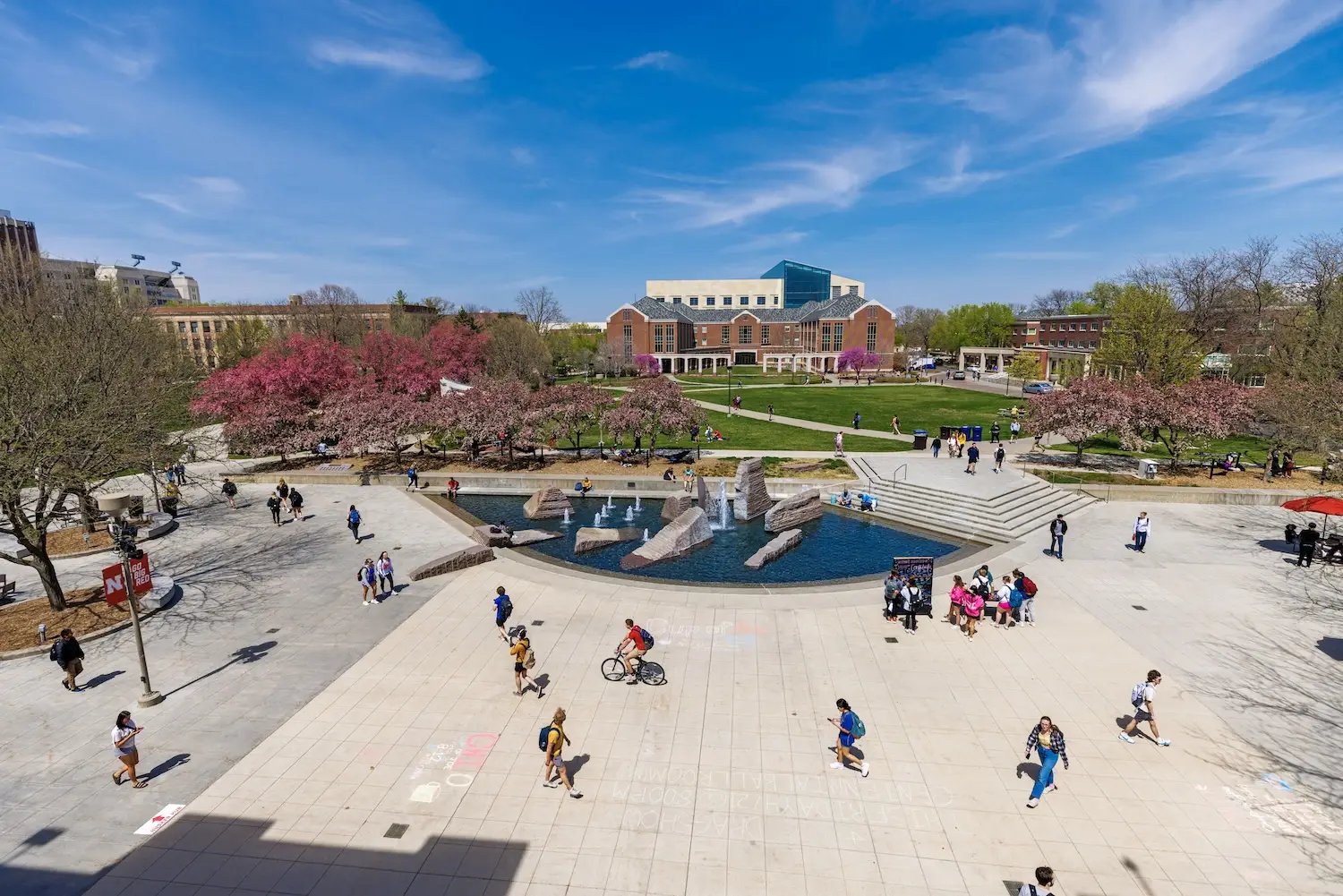
MHEC rolls out a new look with this edition of MHEC News, as well as a new website. Read about that work plus details of our latest research report on promise programs, updates on initiatives, and more.
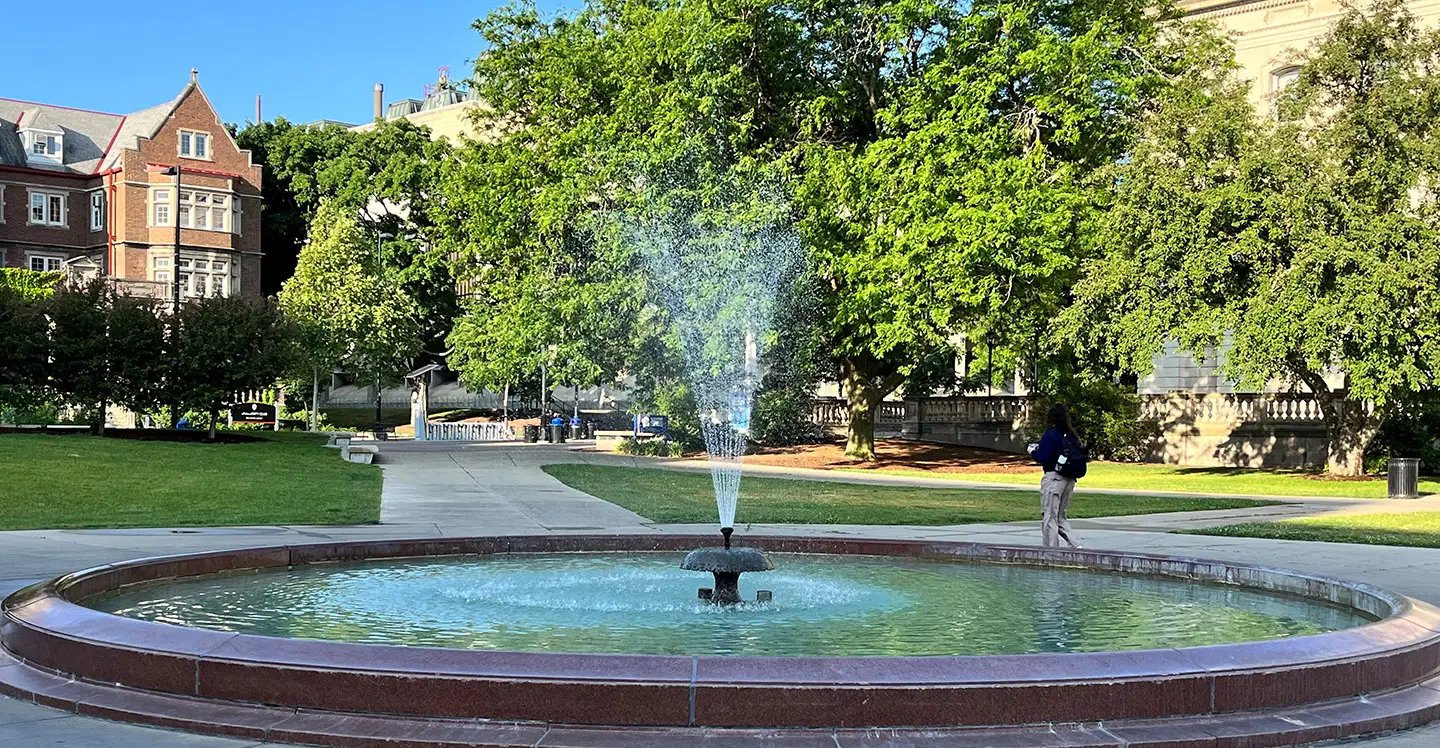
A new report from MHEC and the University of Pennsylvania Graduate School of Education identifies how promise programs can be designed and implemented to maximize desired outcomes.

This edition of MHEC News includes a summary of the Executive Committee meeting held in Detroit, an update to the interactive dashboard on how students get health insurance, plus events, resources, and Commissioner news.
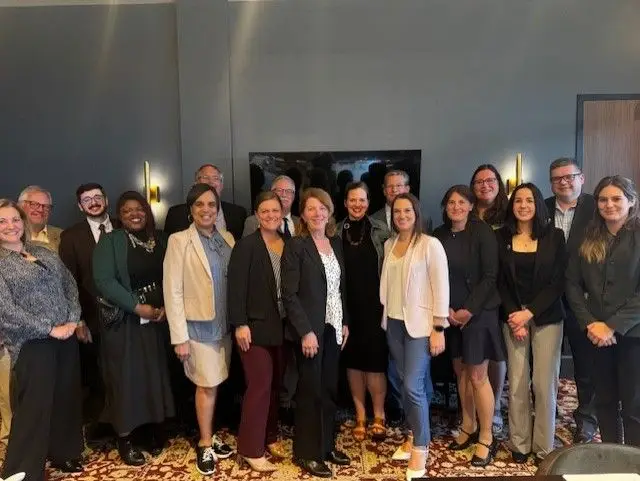
MHEC shares updates on its strategic priorities plus research insights into college graduation rates for lower-income students compared to higher-income peers in this month’s edition of MHEC News.
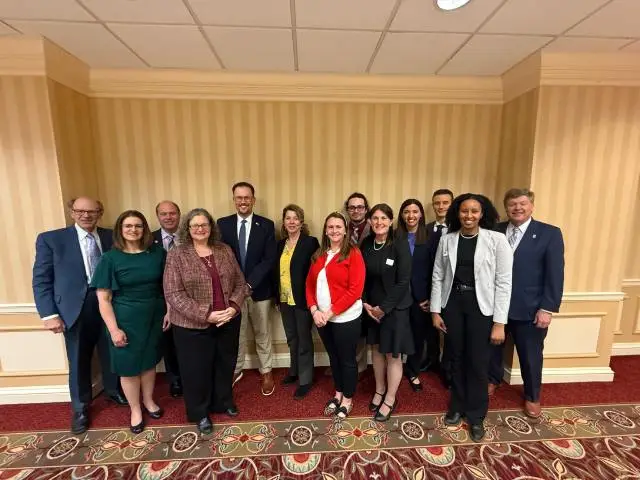
Read about MHEC’s engagement in education-to-employment pathways and our research of long-term employment indicators that reflect the extent to which graduates are equipped with workforce-relevant and transferable skills.

MHEC is pleased to share exciting developments about contracts for artificial intelligence (AI).
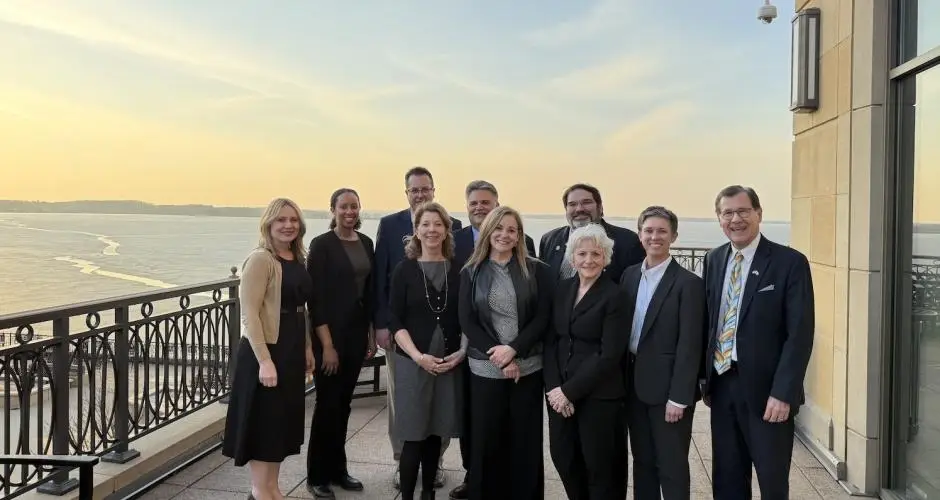
MHEC shares exciting developments about AI contracts plus details of its many state visits in this month’s edition of MHEC News.